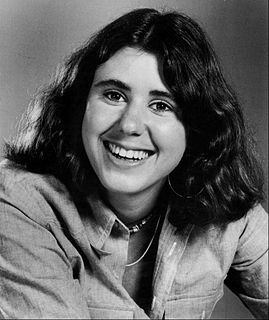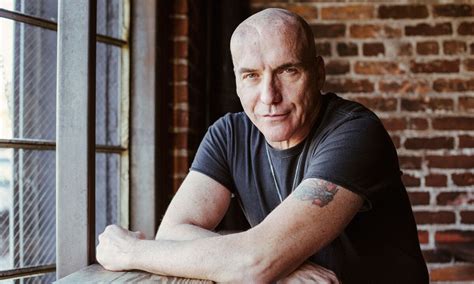A Quote by Abraham Lincoln
I have always hated slavery, I think as much as any Abolitionist.
Related Quotes
As for slavery, there is no need for me to speak of its bad aspects. The only thing requiring explanation is the good side of slavery. I do not mean indirect slavery, the slavery of proletariat; I mean direct slavery, the slavery of the Blacks in Surinam, in Brazil, in the southern regions of North America. Direct slavery is as much the pivot upon which our present-day industrialism turns as are machinery, credit, etc. … Slavery is therefore an economic category of paramount importance.
Louis Brandeis beloved uncle, Lewis Dembitz, was an ardent abolitionist. His mother was an abolitionist in Kentucky at a time when Brandeis remembered hearing the shot from the confederate soldiers after the second battle of Bull Run. Amazing to think that he heard that and I studied with one of his last law clerks in college. And that encapsulates almost all of American history.
I am an abolitionist. What does this mean? Abolitionist resistance and resilience draws from a legacy of black-led anti-colonial struggle in the United States and throughout the Americas, including places like Haiti, the first black republic founded on the principles of anti-colonialism and black liberation.
A Manhattan lawyer who describes himself as "America`s leading expert on the militia movement" writes that he hugged his three-year-old kid the night of the Oklahoma City bombing. He told junior that it happened "because they hated too much" For now, let`s accept the premise that one hundred sixty-eight humans died in Oklahoma City because people "hated too much" Now answer these questions if you would be so kind: did a federal sniper shoot Vicki Weaver in the face because he hated too much? Did our government conduct the Tuskegee with syphilis on black soldiers because it hated too much?
In terms of America, I think any profound consideration is bound to return us to the notion of twins because, though you certainly can contend there are many Americas, our history has been binary from the beginning, with its hairline fracture down the country's center between what American has wanted to be and what America has been. That fracture is slavery, of course. To some extent it's still slavery, in that collectively we refuse to come to grips with the American fact of slavery.

































